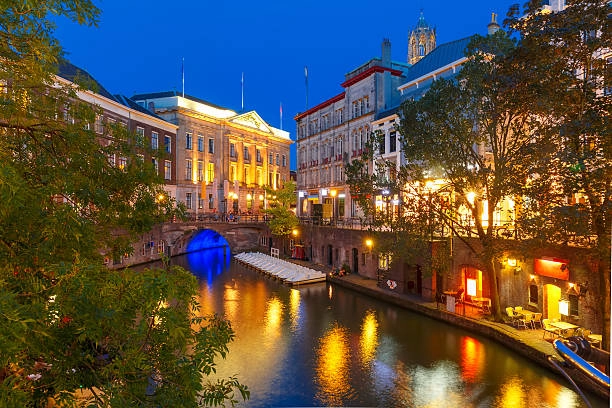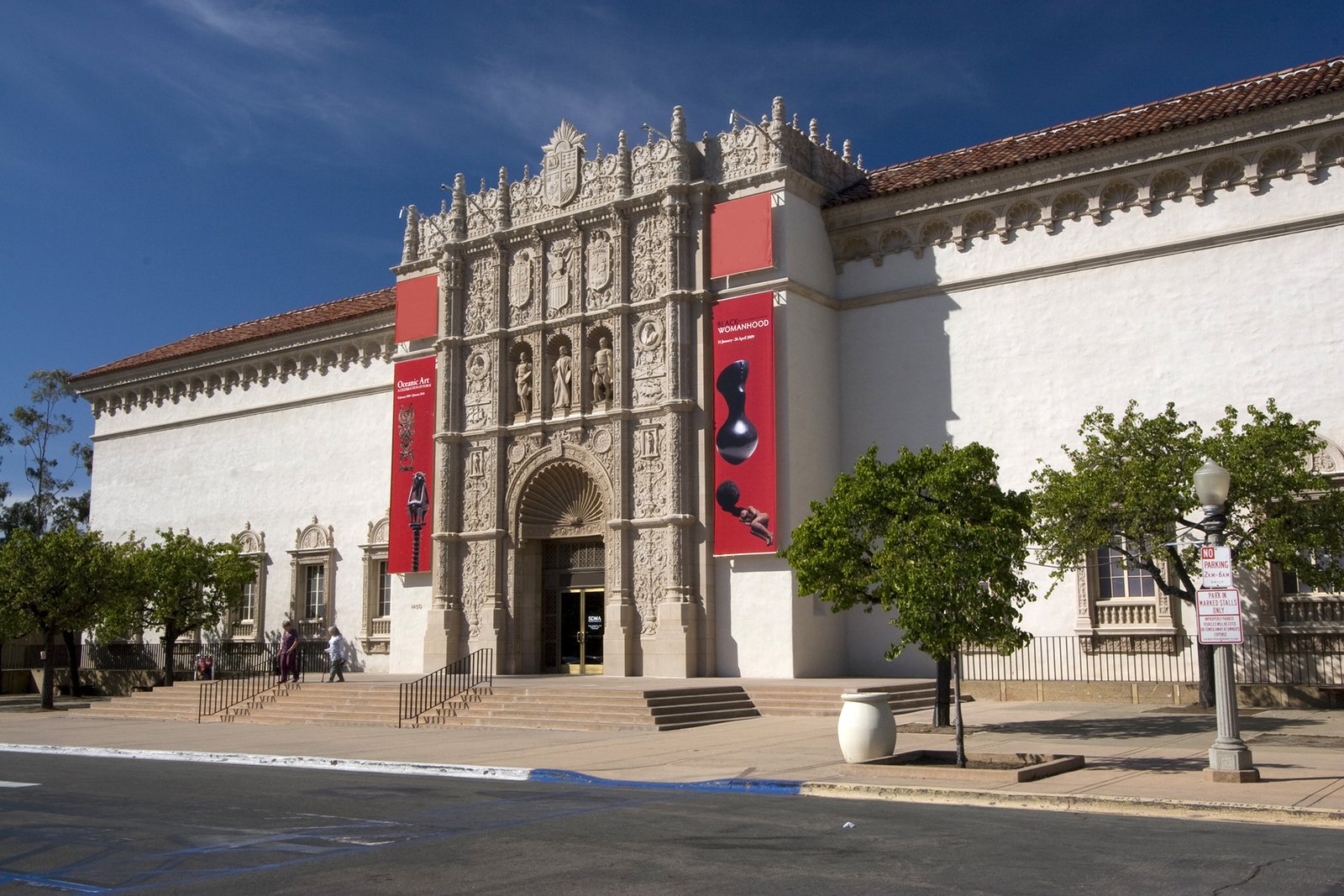San Antonio, located in the heart of Texas, boasts a rich tapestry of history and culture that dates back centuries. Founded in 1718 by Spanish settlers, it was originally a colonial outpost named San Antonio de Béxar. Over the years, it became a hub of Spanish, Mexican, and Texan heritage, evident in its architecture, cuisine, and traditions.
The city’s most iconic symbol, the Alamo, stands as a testament to its storied past, serving as a pivotal battleground during the Texas Revolution in 1836. Today, it remains a revered landmark and a symbol of Texas independence.
San Antonio’s cultural diversity is showcased in its vibrant festivals, such as Fiesta San Antonio, where locals and visitors celebrate with music, food, and parades. The River Walk, a winding network of walkways along the San Antonio River, offers a glimpse into the city’s charm, lined with restaurants, shops, and art installations.
With its blend of history, culture, and hospitality, San Antonio continues to captivate all who visit, embodying the spirit of Texas.
Tracing the Linguistic Tapestry of San Antonio: A Journey through Time
San Antonio, Texas, is a city rich in cultural diversity, a tapestry woven with threads from various linguistic backgrounds. Its linguistic history reflects the complex interplay of indigenous, Spanish, and English languages.
Before European settlement, indigenous languages such as Coahuiltecan and Payaya echoed through the region. With the arrival of Spanish explorers in the 18th century, Spanish became the dominant language, leaving an indelible mark on the city’s culture and identity.
The 19th century brought waves of German and Czech immigrants, adding German and Czech influences to the linguistic landscape. Later, English emerged as a prominent language with the influx of Anglo-American settlers and the city’s growth as a trade hub.
Today, San Antonio proudly embraces its multilingual heritage, with Spanish and English serving as the primary languages of communication. However, remnants of indigenous languages and traces of German and Czech dialects persist, reflecting the city’s vibrant linguistic mosaic.
Flavorful Heritage: San Antonio’s Culinary Tradition
San Antonio, a vibrant city in Texas, boasts a rich culinary heritage that reflects its diverse cultural influences. At the heart of its food tradition is Tex-Mex cuisine, a fusion of Mexican and Texan flavors. From sizzling fajitas to savory tacos, Tex-Mex dishes dominate menus, showcasing the city’s spicy and robust flavors.
Additionally, San Antonio is renowned for its mouthwatering barbecue, with tender brisket and ribs smoked to perfection. Visitors flock to iconic BBQ joints, savoring the smoky aroma and succulent meats.
Beyond Tex-Mex and barbecue, San Antonio embraces its Hispanic roots with dishes like menudo and puffy tacos, drawing inspiration from traditional Mexican cooking. Food festivals like the annual Culinaria showcase the city’s culinary diversity, celebrating its flavorsome past while embracing modern twists. In San Antonio, every bite tells a story of tradition, innovation, and the vibrant spirit of Texas.
San Antonio’s Economic Boom: A Beacon of Growth in Texas
San Antonio, nestled in the heart of Texas, is experiencing a remarkable economic surge. Fueled by a diverse array of industries including healthcare, tourism, and technology, the city’s economy is flourishing. The healthcare sector, anchored by the renowned South Texas Medical Center, continues to expand, attracting both talent and investment. Furthermore, San Antonio’s vibrant tourism industry, bolstered by attractions such as the historic Alamo and the lively River Walk, continues to draw visitors from around the globe. Additionally, the city’s burgeoning tech scene is rapidly gaining momentum, with numerous startups and established companies flocking to take advantage of the skilled workforce and supportive business environment. With its strategic location, robust infrastructure, and dynamic business ecosystem, San Antonio stands as a shining example of economic growth in the Lone Star State.





